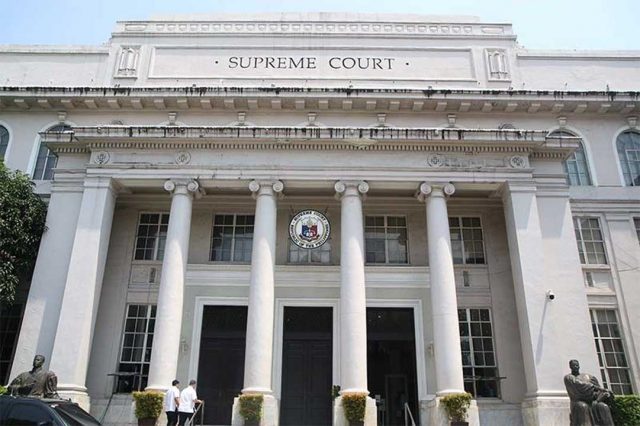
THE SUPREME COURT (SC) on Thursday reaffirmed that Shari’ah district courts (SDCs) — Muslim judicial courts equivalent in rank to regional trial courts — are autonomous bodies that are equipped with the same capabilities as other civil courts.
In a ruling dated July 11 and made public on Thursday, the SC granted a consolidated petition aimed at overturning an SDC decision that dismissed complaints related to loan contracts with interest. The SDC claimed a lack of jurisdiction over the case since the substance of the complaint concerned laws on interest rates.
The High Tribunal ordered the petition cases to be remanded to the SDC, citing Article 143 of Presidential Decree No. 1083 (Code of Muslim Personal Laws of the Philippines or the Muslim Code) which mandates that SDCs have exclusive original jurisdiction over, among others, all actions arising from customary contracts where the parties are Muslims.
“By including a catch-all provision on all personal and real actions, the law clearly intended the SDCs to be self-sufficient adjudicatory bodies able to effectively resolve any dispute between and among Muslims,” read part of the decision penned by Associate Justice Rodil V. Zalameda.
The consolidated cases stemmed from complaints filed by one Annielyn Dela Cruz Maliga regarding her alleged interest payments more than double the principal amount she borrowed from creditors. — Jomel R. Paguian



